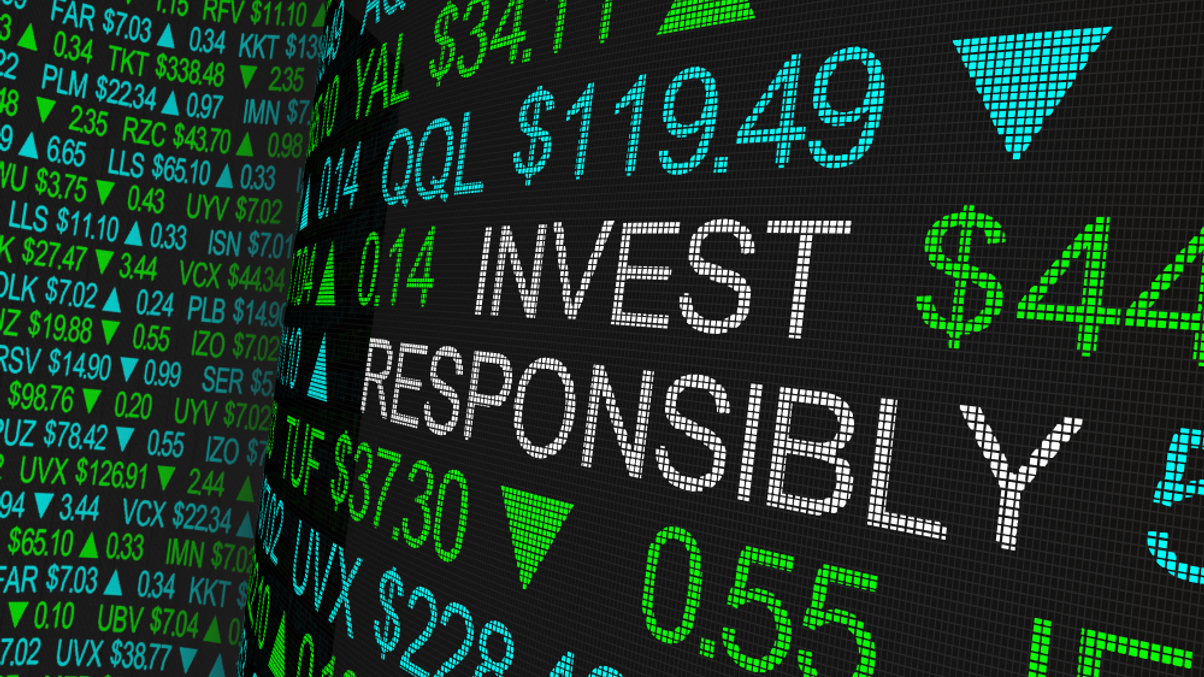Super funds on notice as regulatory crackdown on greenwashing intensifies
As Active Super gets sued by the Australian Securities and Investments Commission, other super funds will feel pressure to beef up their processes and understanding of ESG to ensure they don't fail under regulatory scrutiny.

Australian Securities and Investments Commission (ASIC) decision to sue Active Super, the A$14 billion (US$8.6 billion) Australian super fund, for misleading stakeholders regarding its ethical and responsible investment claims, is likely to trigger other super funds and investment players to strengthen their processes and capabilities around environment, social and governance (ESG) offerings.
Sign in to read on!
Registered users get 2 free articles in 30 days.
Subscribers have full unlimited access to AsianInvestor
Not signed up? New users get 2 free articles per month, plus a 7-day unlimited free trial.
¬ Haymarket Media Limited. All rights reserved.


